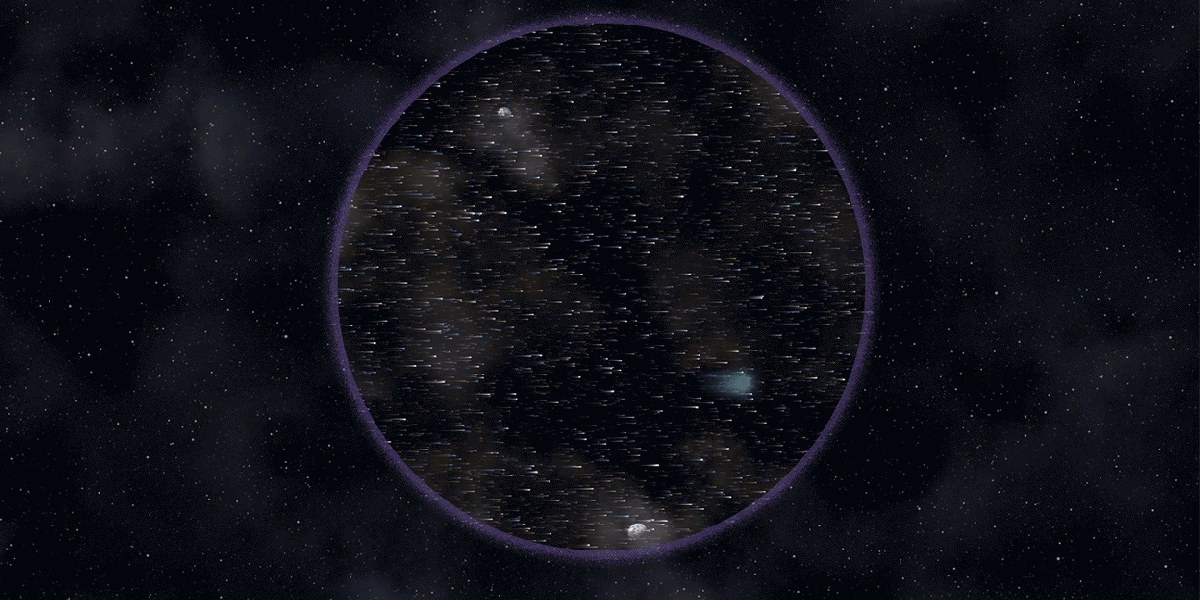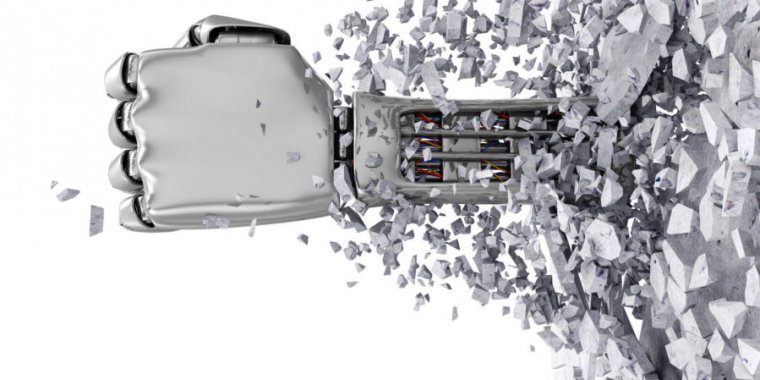
The survey committee, which receives input from a host of smaller panels, takes into account a gargantuan amount of information to create research strategies. Although the Academies won’t release the committee’s final recommendation to NASA for a few more weeks, scientists are itching to know which of their questions will make it in, and which will be left out.
“The Decadal Survey really helps NASA decide how they’re going to lead the future of human discovery in space, so it’s really important that they’re well informed,” says Brant Robertson, a professor of astronomy and astrophysics at UC Santa Cruz.
One team of researchers wants to use artificial intelligence to make this process easier. Their proposal isn’t for a specific mission or line of questioning; rather, they say, their AI can help scientists make tough decisions about which other proposals to prioritize.
The idea is that by training an AI to spot research areas that are either growing or declining rapidly, the tool could make it easier for survey committees and panels to decide what should make the list.
“What we wanted was to have a system that would do a lot of the work that the Decadal Survey does, and let the scientists working on the Decadal Survey do what they will do best,” says Harley Thronson, a retired senior scientist at NASA’s Goddard Space Flight Center and lead author of the proposal.
Although members of each committee are chosen for their expertise in their respective fields, it’s impossible for every member to grasp the nuance of every scientific theme. The number of astrophysics publications increases by 5% every year, according to the authors. That’s a lot for anyone to process.
That’s where Thronson’s AI comes in.
It took just over a year to build, but eventually, Thronson’s team was able to train it on more than 400,000 pieces of research published in the decade leading up to the Astro2010 survey. They were also able to teach the AI to sift through thousands of abstracts to identify both low- and high-impact areas from two- and three-word topic phrases like “planetary system” or “extrasolar planet.”
According to the researchers’ white paper, the AI successfully “backcasted” six popular research themes of the last 10 years, including a meteoric rise in exoplanet research and observation of galaxies.
“One of the challenging aspects of artificial intelligence is that they sometimes will predict, or come up with, or analyze things that are completely surprising to the humans,” says Thronson. “And we saw this a lot.”
Thronson and his collaborators think the steering committee should use their AI to help review and summarize the vast amounts of text the panel must sift through, leaving human experts to make the final call.
Their research isn’t the first to try to use AI to analyze and shape scientific literature. Other AIs have already been used to help scientists peer-review their colleagues’ work.
But could it be trusted with a task as important and influential as the Decadal Survey?






